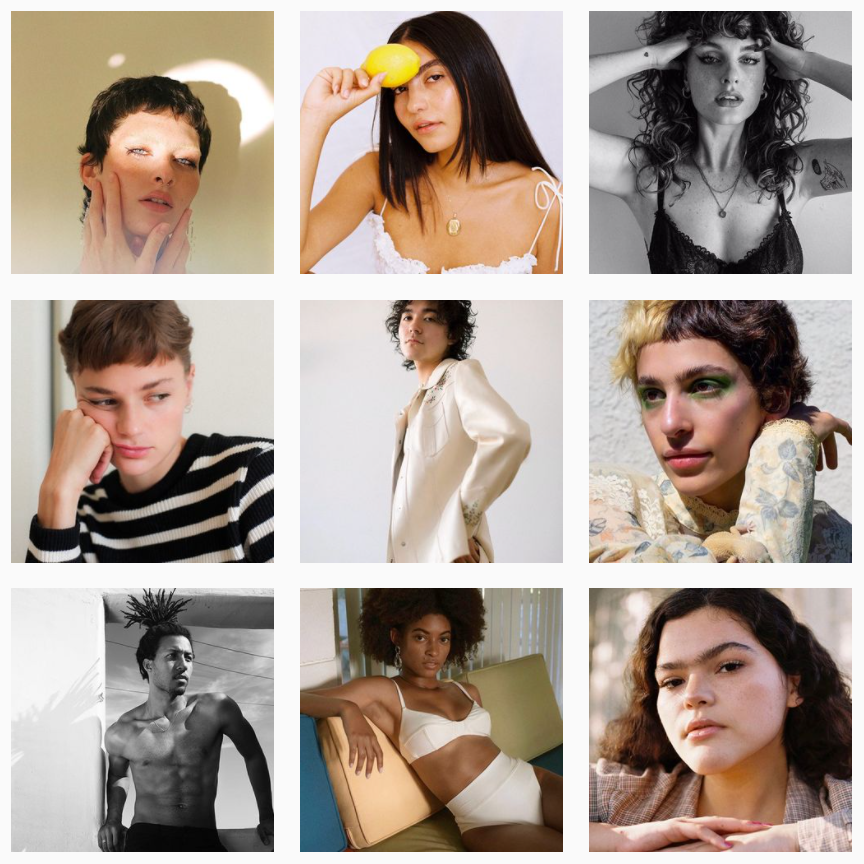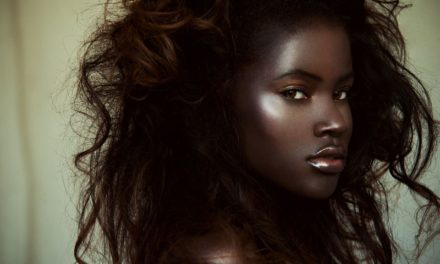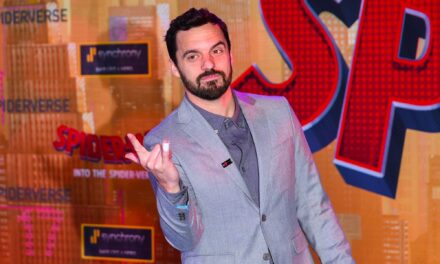Robin Harrington is a co-founder of Lemon Lime agency, a talent agency that represents actors and models for the commercial industry. With her unique start in the ’90s, Harrington has cultivated a unique clientele that can be seen across major deals such as Coca-Cola, Lenscrafters, Lexus, and so much more. In this interview, we discussed how Harrington got her start, the talent she represents, and her philanthropy.
This interview was conducted via phone call.
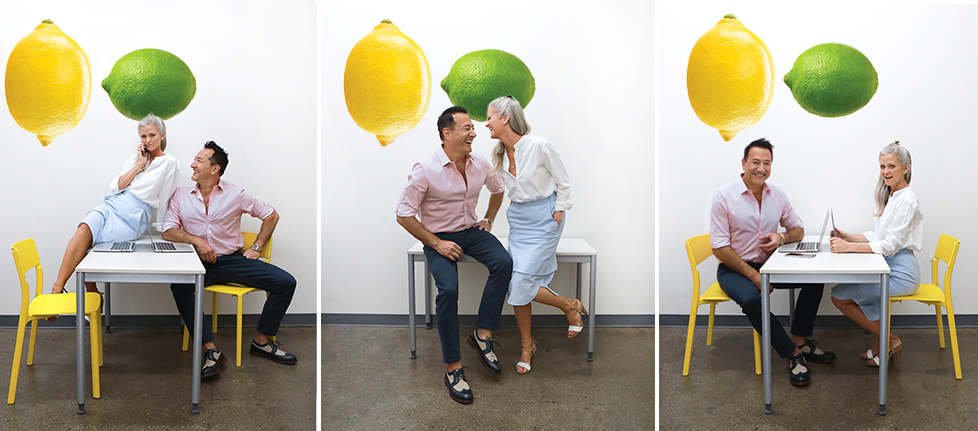
Sophia News: Please explain the evolution of your interest and career path. What was the inspiration for your decision to become an agent and an executive Lemon Lime Agency?
Robin Harrington: I was at that point in my life where I was about to graduate with a degree in physical education and was freaking out because I didn’t want to be a P.E. teacher. I was really into the underground club seen in LA in the ’90s, so I met a lot of unique people. I had an agent and I was going on auditions, but I knew I wanted to be on the business side of things.
What happened was, the Jerry Springer Show got ahold of me and wanted me to get people on their show, because they knew I knew drag queens and edgy people from the clubs, which was very “in” at the time. I came up with a rate, $600 per person, and they flat out told me “no,” but it gave me an idea. So, I found a friend and said “Lets start our own agency for drag queens.” We rounded them up, took their information and took pictures, so whenever I went on auditions I could say “Hey, if you need a drag queen let me know.”
Eventually people started calling, but not necessarily asking for drag queens. They’d ask if I had punk rockers, people with piercing, and other edgy people. I didn’t have them at the time, but I knew where to get them, and from there it just exploded. What they teach in business school is to find your niche. We did that, and we built from there. We started in a garage, and then we got a small office, and kept on building.
That agency was called Dragon Talent. We rebranded as Lemon Lime in 2008 because the edgy thing wasn’t super in any more– people wanted more quirky and nerdy-cute type– so we wanted to represent a wider variety of people.
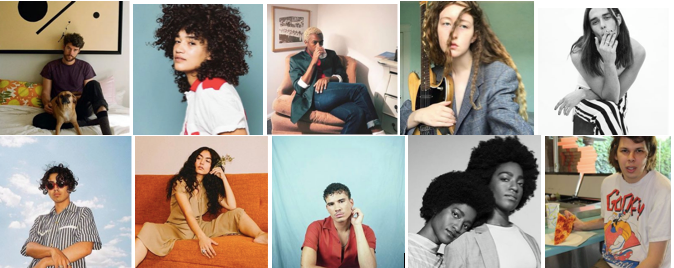
SN: Can you describe some of the more profound changes in the industry since your early days of agenting?
RH: Obviously the internet is the biggest one. When we were really busy before 2000s, all the talent had to print out headshots and deliver them. We had a wall cubbies with a ton of headshots. Everything was organized by post-it notes and rubber bands. Someone would pick up the packets twice a day and deliver them to agencies.
Now I’m working remotely. My partner and I switch working in LA for sixth months and working remotely for sixth months. Those are definitely some positives.
But with internet and social media, the advertisements really split up. Back then, it was basically just TV commercials. An actor could book one commercial and be guaranteed to make $60,000 over the course of a 21-month contract that could be renewed. Now, there are internet commercials pay around $3,000. The money is less than it used to be for a lot of jobs, but there are a lot more avenues—like ECom jobs. There are also a lot of opportunities for actors and models to make their own content. They can post on YouTube or TikTok between jobs, and the next thing you know a brand like Old Navy is reaching out to pay them to wear their fleece.
Another thing that has changed is there is more diversity in advertisements. We were starting to see it in ’90s with mixed race models and afros, but now you’re seeing a lot more diversity overall.
SN: What makes Lemon Lime Agency such a unique place for talent? What types of character traits do you look for among the people you want to represent?
RH: As far as being a unique place, we have a really good eye and think outside box. We don’t pigeon hole people, and that is beneficial for talent. And we have a very diverse roster.
Their look is one thing, but it’s really important that we work with people who are pleasant to work with—down to earth and nice—we put that in from the beginning. I never want to work with jerks, I didn’t start company to do that. There’s no room for bad attitude.
SN: Where can we see some of your clients across film and television?
RH: We mainly do advertisements. We do commercials in movies, camera, and print. We book a lot of Apple commercials, we have a couple Lexus spots, Mini Cooper spots. We have the most recent Gucci eyeware campaign. We also have the Trojan Man.
We have an actor named Matthew Cardarople who is in film and theater—he was in Jurassic Park and has several Skittles commercials. We basically book everything.
SN: Describe the thrill and the pulse of energy that comes with representing such a unique array of performers and talents?
RH: I love it. I love the talent I represent, it gives me so much pleasure to work with them. We have a lot of mixers where we have a happy hour to get to know our clients and for them to engage with one another. We were having a party once and I looked out at the crowd and there were so many cool people—yeah good looking, but cool and good vibes– and I was like, “I’m so grateful I created something that brought out that kind of atmosphere.”
It’s kind of a family feel. It’s also really amazing to book someone on a huge campaign– like a young girl who is booked on a big thing and it’s her first time and she’s so excited. That is really gratifying.
SN: How is COVID-19 impacting the business for your clients, and your company as a whole?
RH: When the lockdown happened in mid-March, things were shut down for about a month. And then we started seeing jobs coming out where the clients would shoot at home. Production would either drop off equipment or ask them film on their phone. We had a director directing by Zoom.
One of the biggest changes we see is it’s really important to have real couples, families, friends– people who are in a pod together. They don’t want to pair people with a fake family and potentially spread infection. We had to start reaching out to clients to ask about their spouses, their children, their friends– people in their safe pot– to shoot together, and we had to get photos on all of that.
Now we’re back on set. A lot of the auditions are self-taped now. Sometimes callbacks are self-taped as well, but the shoot is on set. Everyone has to get tested before each shoot and people are booking backups. Just booked a family for Infiniti as a backup, and they didn’t get called but still got paid.
SN: What advice do you have for young people today trying to break into film and television as actors or actresses?
RH: One thing is to have their social media on point. They should have it really tight and be really active about social media. Anytime there is a commercial and doing callbacks, they’re immediately looking you up, so the last thing they want is someone who is super messy. Maybe have a separate account to show work in industry and another one for personal life.
If you’re trying to get into acting, have training that is specific to commercials and improv. But the biggest thing is to just be normal, down to earth, and professional. Don’t be too showy. Just keep it really really because a lot of the time the director is thinking “Who will be good, and who do I want to spend 12 hours with?” They need someone who will be down to earth and deliver what they need.
SN: What role does philanthropy play in your life, as well as in the life of your agency?
RH: We’ve always made it a point to be involved in philanthropy in some way. We support My Friend’s Place, which is an organization for homeless youth about rehabilitation and getting them back on their feet. We help with donations or volunteers when they’re having an event. It’s great because when you’re volunteering at an event it really lifts moral of everyone there.
For me personally, I’m here in Mexico since I’ve been remote 6 months a year. Whenever I‘m in a country I donate my 10% to a charity in the area, because I want to make a difference in the area. With COVID here I had more time to do that. I was doing despensa, which is organizing food donations for underprivileged people outside the city—like elderly people and single mothers, people out of work who have no way of getting food. I think it’s really important to impact the area I’m currently in.


